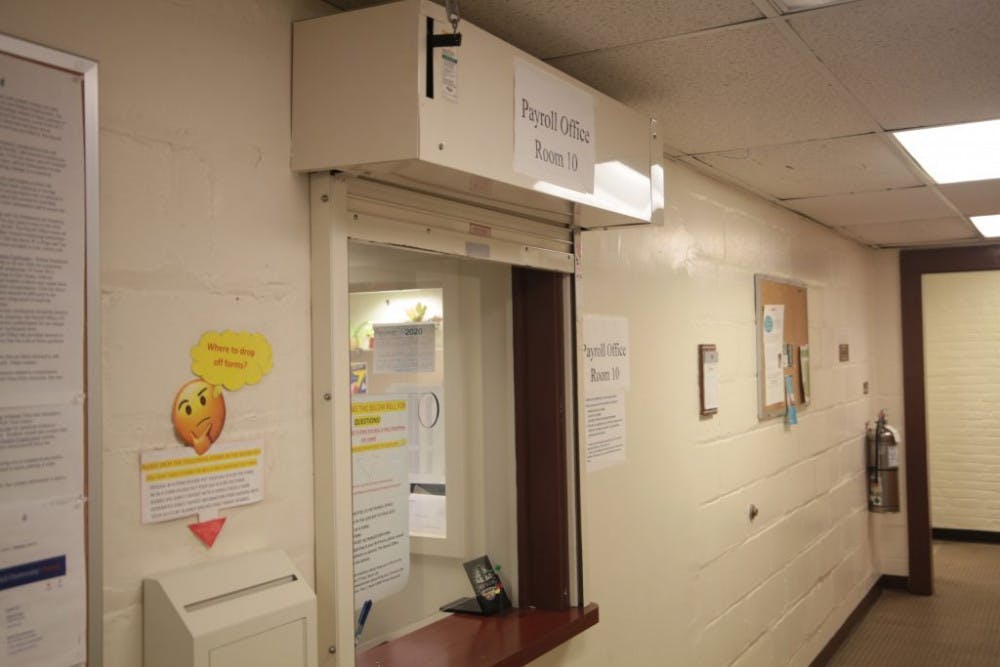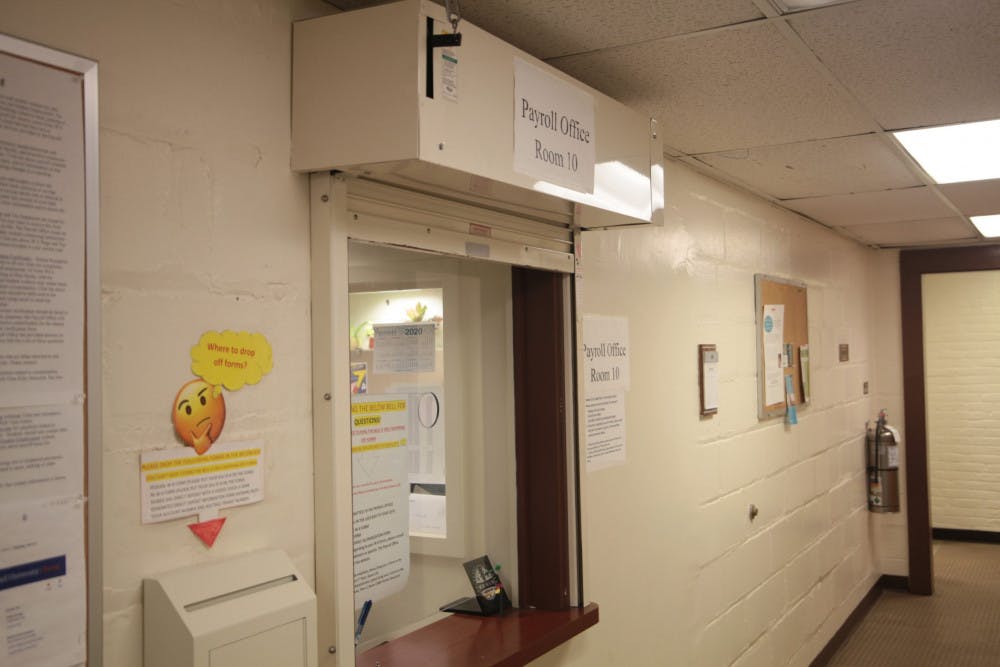At the start of 2020, New Jersey’s minimum wage increased to $11 per hour.
New Jersey Governor Phil Murphy signed a bill last year which will raise the minimum wage to $15 dollars per hour by 2024 for most workers. Last July, as part of the legislation, the state legislature raised the minimum wage from $8.85 per hour to $10.

According to njbiz.com, employers who decide to accept the tip credit will be required to tip their employees a cash wage of at least $3.13 per hour. Additionally, the New Jersey constitution says that once the minimum wage reaches $15 per hour, the minimum wage will continue “to increase annually by the rate of inflation.”
Seton Hall students shared their opinions on the increasing minimum wage. Communications major Meagan Gonzalez believes the hike will be beneficial for students as oftentimes students work part time jobs to fund their education. A California native and a peer adviser, Gonzalez will be assisted by the increase while at school, but she said she is accustomed to a higher wage when she returns home.
“Many students have jobs, so they are drastically affected by the increase,” Gonzalez said. “The more it increases, the closer the amount gets to that of California’s [minimum wage].”
Senior Finance and Management major Stephen Bartlett offered a mixed response to the State’s decision to increase the minimum wage. He said the increase will be beneficial for certain low-earning families, however, he said it is important to note the unintended consequences of such a measure such as “an increase in lay-offs, usually of other low-earning employees, and the impact it will have on small businesses that already have small profit margins.”
“Seton Hall students in particular will most likely benefit from the increase,” Bartlett said. “Unless, they work at a small business in town that can no longer afford to keep them on the payroll.”
Currently, the increase does not affect Bartlett as he interns at a company which pays more than the minimum wage.
“There has been no mention of raising my pay as the minimum wage continues to increase,” Bartlett said.
As reported by The Setonian last year, Dr. Alyssa McCloud Seton Hall’s Vice President of Enrollment said in reference to the last minimum wage increase that she did not anticipate any issues with University’s capacity to comply with the raising of the minimum wage.
Director of Media Relations for the University Laurie Pine said that, “Seton Hall University is studying the effect of the increase of New Jersey’s minimum wage on the University’s budget and will analyze its impact across the University.”
Thomas Schwartz can be reached at thomas.schwartz@student.shu.edu.





